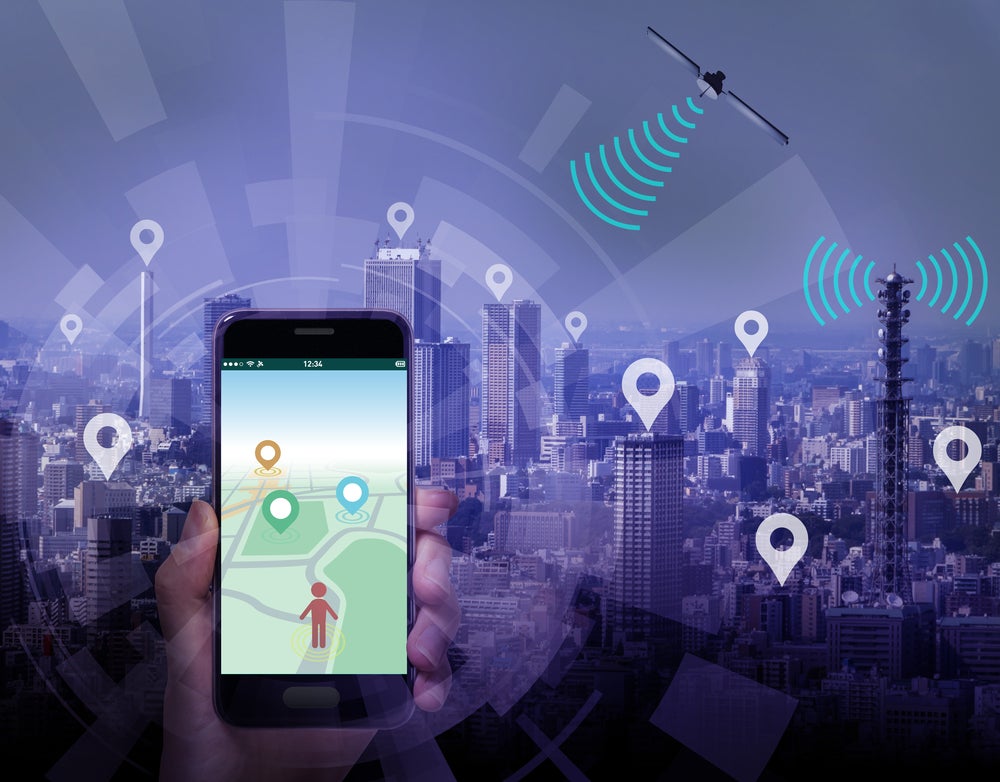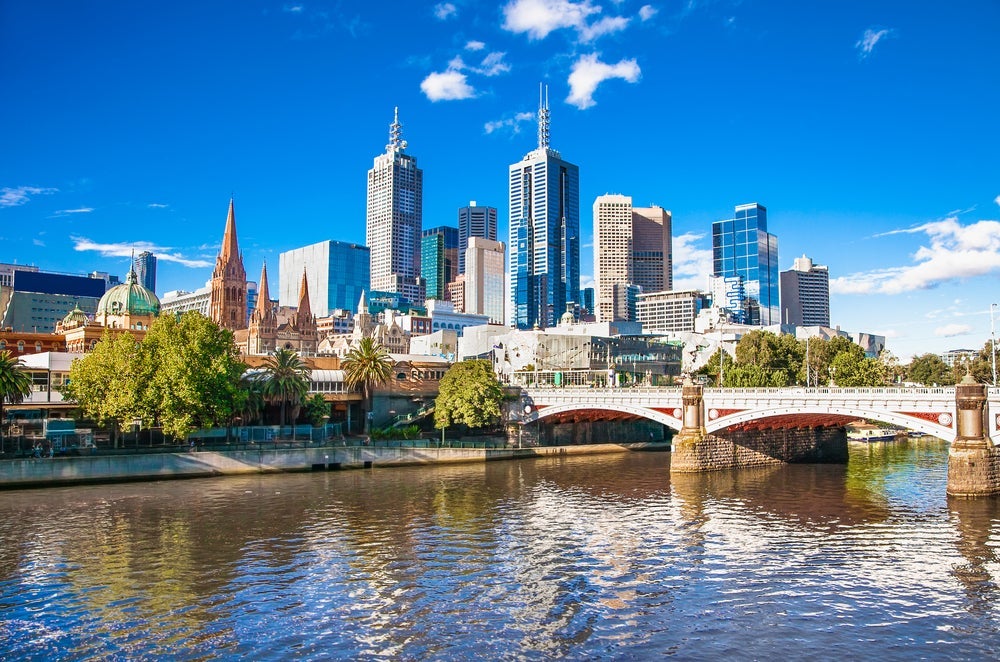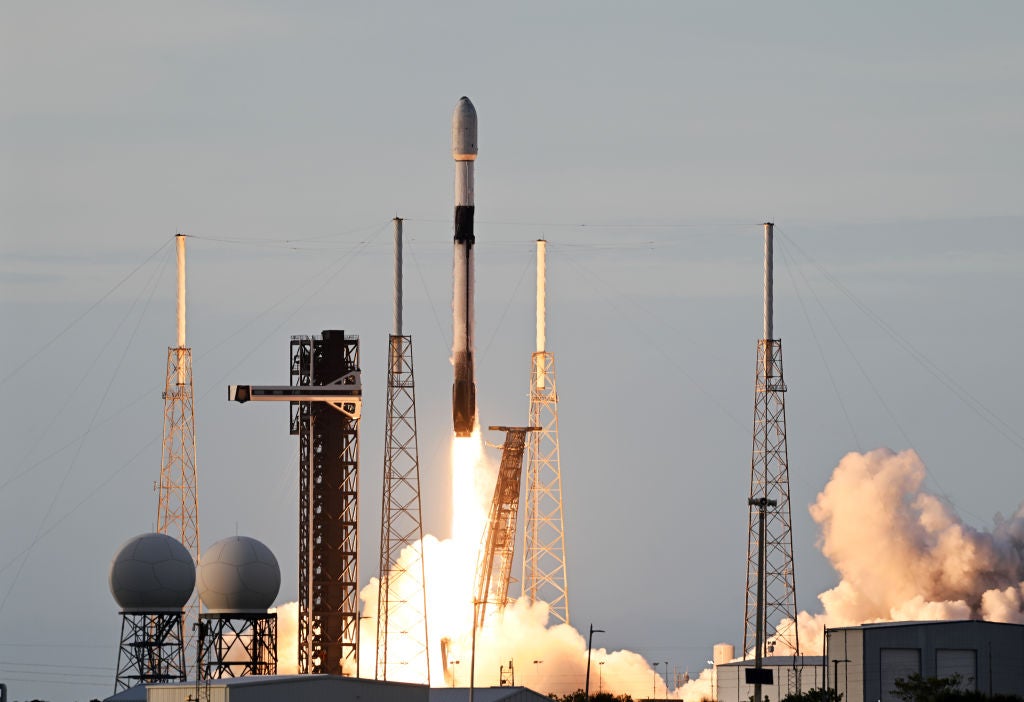In our webinar Smart Cities 2.0: Defining the Post-Pandemic Smart City, we made predictions about what would separate the smart cities’ winners from the losers. Among the losers were cities that become seduced by technology. That is, cities that mistake technology for a silver bullet that can overcome the challenges facing humanity, and that prioritize glamorous technological set-pieces over pragmatic solutions to real problems.
Launched in 2017, Saudi Arabia’s $500 billion smart city project ‘NEOM’ has attracted a lot of attention over the last few years. Flashy tech and utopian visions have defined the project’s marketing. Unfortunately, when it comes to cities being seduced by technology, NEOM is arguably the worst offender of all.
NEOM’s obsession with tech
Firstly, the word ‘NEOM’. It is an amalgamation of the Ancient Greek word for ‘new’ and the Arabic word for ‘future’. In his announcement of ‘The Line’, Crown Prince Mohammed bin Salman presented the linear city as the next step in the evolution of cities, stating “it is time to transform the concept of a conventional city into that of a futuristic one”. In other words, NEOM will be defined by the Crown Prince’s lofty ambition of rewriting the blueprint of modern cities.
Unsurprisingly, NEOM is (apparently) going to feature just about every technological bell and whistle you can imagine: NEOM’s water needs will be provided for with desalination plants; NEOM will include an eight-sided buoyant city that will float on the Red Sea; NEOM will also have its own judiciary system, entirely automated using AI. ‘The Line’ itself is being marketed as a technological marvel. A linear city full of green spaces, powered entirely by renewable energy. Cars will have no place in the city—rather, air taxis and a high-speed rail network will ensure inhabitants never live more than five minutes from their everyday needs.
NEOM has even unveiled its own metaverse platform. This platform will house digital twins, a digital asset marketplace for crypto and NFT trading, and a mixed reality social media experience. Moreover, how users interact in this metaverse will, apparently, shape how NEOM is constructed. For instance, if enough people purchase virtual property in a virtual apartment block, that apartment block may be constructed in the physical world.
All of this with a budget of $500 billion. For context, the Guardian estimates that simply refurbishing the Houses of Parliament could cost $22 billion.
How well do you really know your competitors?
Access the most comprehensive Company Profiles on the market, powered by GlobalData. Save hours of research. Gain competitive edge.

Thank you!
Your download email will arrive shortly
Not ready to buy yet? Download a free sample
We are confident about the unique quality of our Company Profiles. However, we want you to make the most beneficial decision for your business, so we offer a free sample that you can download by submitting the below form
By GlobalDataGlamour at the expense of pragmatism
At its best, NEOM seems like a dramatic overreaction to certain realities of modern urban life. Yes, commutes are long, inconvenient, and environmentally damaging. However, are car-free linear cities that slash commutes down to five minutes really the logical solution to our current transport problems? Ports are fantastic economic assets, but do we need to move entire port cities into the ocean too?
At its worst, NEOM’s technological offerings seem completely unnecessary. Why do courts need to be presided over by an AI instead of a human being? Why does urban planning need to be dictated by users’ interactions in a virtual reality world?
Smart cities need to prioritize real problems over technological brilliance
In its 2016 Smart City Playbook, Boston encouraged tech vendors to engage with residents and identify the problems that needed addressing before picking up the phone to call the city council. Current inflationary pressures mean prioritizing pragmatism in this way has never been more important for smart cities and the companies that service them. Aspiring smart cities should shun NEOM’s example and truly focus on identifying the problems facing their inhabitants and solving them in the most efficient way possible.







